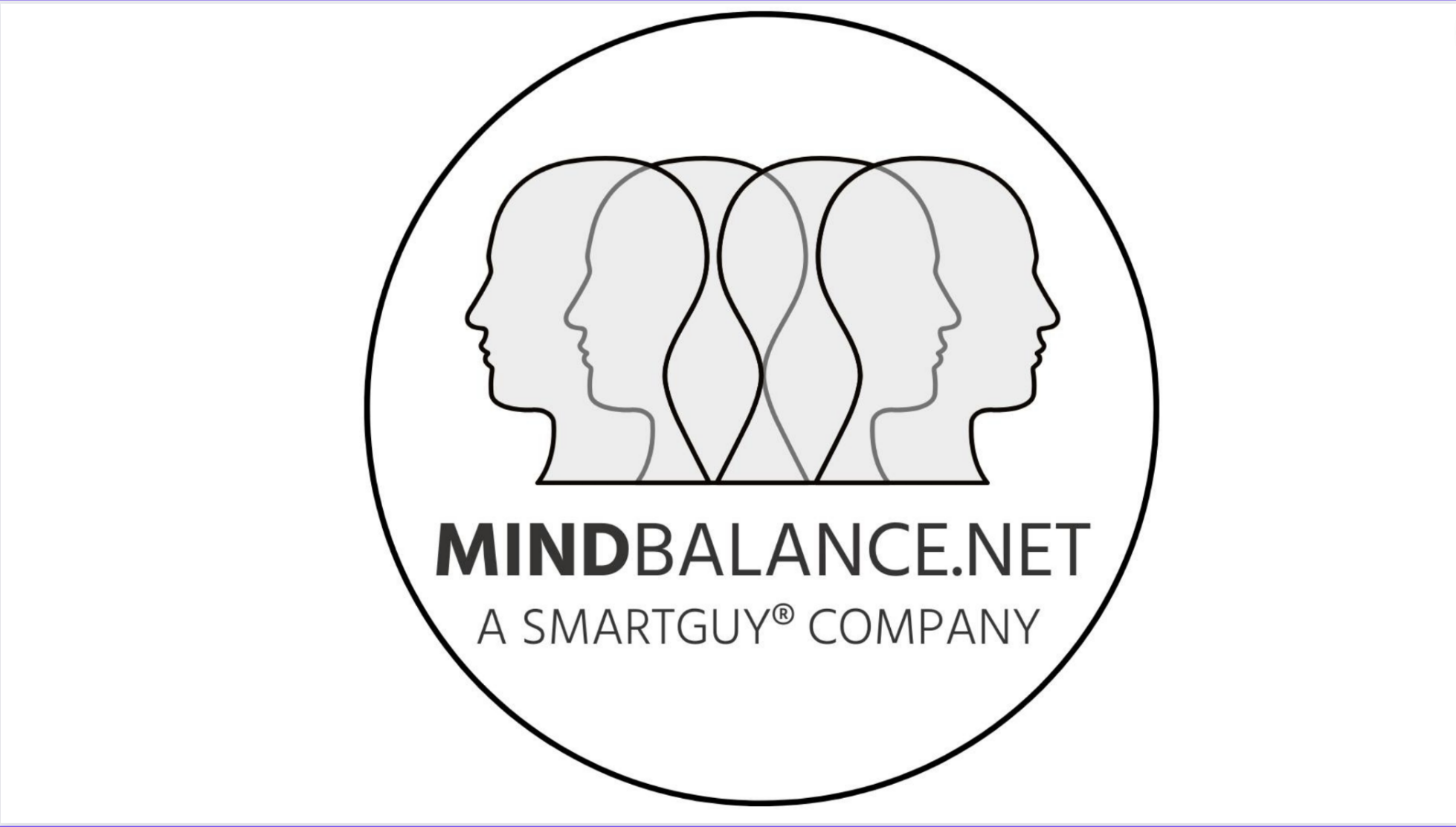Understanding the Link Between Mental Health and Substance Abuse
At MindBalance.net, we are committed to shedding light on the intricate connections between various aspects of mental health. One such critical relationship is between mental health and substance abuse. Understanding how these two issues interplay can help individuals and their loved ones seek appropriate treatment and support for a healthier, balanced life.
The Connection Between Mental Health and Substance Abuse
Substance abuse and mental health disorders often coexist, creating a complex interplay that can exacerbate both conditions. According to the National Institute on Drug Abuse (NIDA), about half of those who experience a mental illness will also experience a substance use disorder and vice versa. This dual diagnosis, or comorbidity, presents unique challenges in treatment and recovery.
Self-Medication Hypothesis
One explanation for the connection between mental health and substance abuse is the self-medication hypothesis. This theory suggests that individuals may turn to drugs or alcohol to cope with or alleviate symptoms of mental health disorders such as depression, anxiety, or PTSD. Dr. Edward Khantzian, a prominent psychiatrist and proponent of the self-medication hypothesis, explains, “People use substances to relieve emotional pain, to gain relief from anxiety, or to feel a sense of pleasure that they find hard to achieve otherwise.”
The Vicious Cycle
Substance abuse can initially seem to offer temporary relief, but it often leads to a worsening of mental health symptoms. Drugs and alcohol can alter brain chemistry, leading to increased feelings of depression, anxiety, paranoia, and other mental health issues. This creates a vicious cycle where the individual may use more substances to cope with the intensifying symptoms, leading to further mental health deterioration.
Impact on Treatment and Recovery
Treating co-occurring disorders requires an integrated approach that addresses both the mental health condition and the substance use disorder simultaneously. Dr. Nora Volkow, Director of NIDA, emphasizes the importance of this approach, stating, “Treating addiction without treating the mental illness often results in relapse.” Comprehensive treatment plans may include a combination of psychotherapy, medication, support groups, and lifestyle changes.
Therapeutic Interventions
Several therapeutic interventions can be effective in treating co-occurring disorders:
Cognitive-Behavioral Therapy (CBT): CBT helps individuals identify and change negative thought patterns and behaviors that contribute to both substance abuse and mental health disorders. Dr. Aaron Beck, the founder of CBT, stated, “As you think, so shall you feel.”
Medication-Assisted Treatment (MAT): MAT combines medication with counseling and behavioral therapies to treat substance use disorders and alleviate withdrawal symptoms.
Support Groups: Groups like Alcoholics Anonymous (AA) and Narcotics Anonymous (NA) provide peer support and accountability, which can be crucial for recovery.
Holistic Approaches: Techniques such as mindfulness, yoga, and exercise can improve overall well-being and reduce symptoms of both mental health disorders and substance abuse.
Conclusion
Understanding the link between mental health and substance abuse is essential for effective treatment and recovery. At MindBalance.net, we advocate for integrated approaches that address both conditions concurrently. By recognizing the complex relationship between mental health and substance use, individuals can take proactive steps towards healing and achieving a balanced, fulfilling life. As Dr. Volkow reminds us, “We must address mental health and substance use disorders together to break the cycle and promote lasting recovery.”
Category: Mind Balance
Related Articles
- The SmartGuy plan to Fostering Unity in a Multi-faith Society
- How to become more communicative
- How Mind Balance Brings People Closer to God
- Teenagers are rushing to MindBalance rather than wasting time on TikTok
- How Mind Balance Empowers You Against Misinformation
- how to balance your mind and achieve greater happiness
- Buddhist Reflections - Navigating the Path of Self-Awareness and Enlightenment
- The Long-Lasting Impact of Child Abuse on Mental Health
- Mastering the Mindset Shift - Effective Tips for a Positive Transformation
- Interfaith Insights by 1WorldPeace - The Top 100 Universal Beliefs in Global Spirituality
- Discovering Hinduism - A Deep Dive into Its Traditions Texts and Teachings
- Grilled Salmon with Lemon Butter Sauce
- How to become a strategic thinker
- Exploring World Religions - A Colorful Journey for Kids
- Overcoming Negative Thoughts - Strategies for a Positive Mindset
- Navigating Technology and Media for Optimal Mental Well-Being
- 50 positive affirmations to be read every day
- Clearing Mental Plaque: The Path to Enhanced Communication and Divine Connection
- Take the Wheel-Navigating Life Beyond the Screen
- Uniting in Universal Love - Embracing Commonalities Across Faiths
Business News
Popular Posts
- Jerusalem's Lesson - A Blueprint for Global Harmony Among Diverse Faiths
- Clearing Mental Plaque: The Path to Enhanced Communication and Divine Connection
- Finding Strength and Safety in Scripture - 25 New Testament Passages to Combat Spiritual Attacks
- How Mind Balance Brings People Closer to God
- Ways to Remove Stress from Trauma in the Nervous system
- Why Return to Jesus Christ and the Church
- Top 50 Ways to Live Longer
- Environmental toxins that can have significant effects on mental health
- Adventurous Romance -The Key to Enhancing Relationship Chemistry
- What Shapes Your Mental Well-being
- Herb-Crusted Ribeye Steak with Bone Broth Reduction
- Bacon-Wrapped Chicken Thighs with Creamy Garlic Sauce
- Slow-Cooked Lamb Shanks with Rosemary and Garlic
- Pork Tenderloin with Mustard Cream Sauce
- Stuffed Bell Peppers with Quinoa and Black Beans
- Exploring Therapeutic Interventions for Optimal Mental Well-Being
- The Power of Physical Activity for Mental Well-Being
- Understanding the Link Between Mental Health and Substance Abuse
- The Long-Lasting Impact of Child Abuse on Mental Health
- Hormonal Imbalances and Life Transitions
